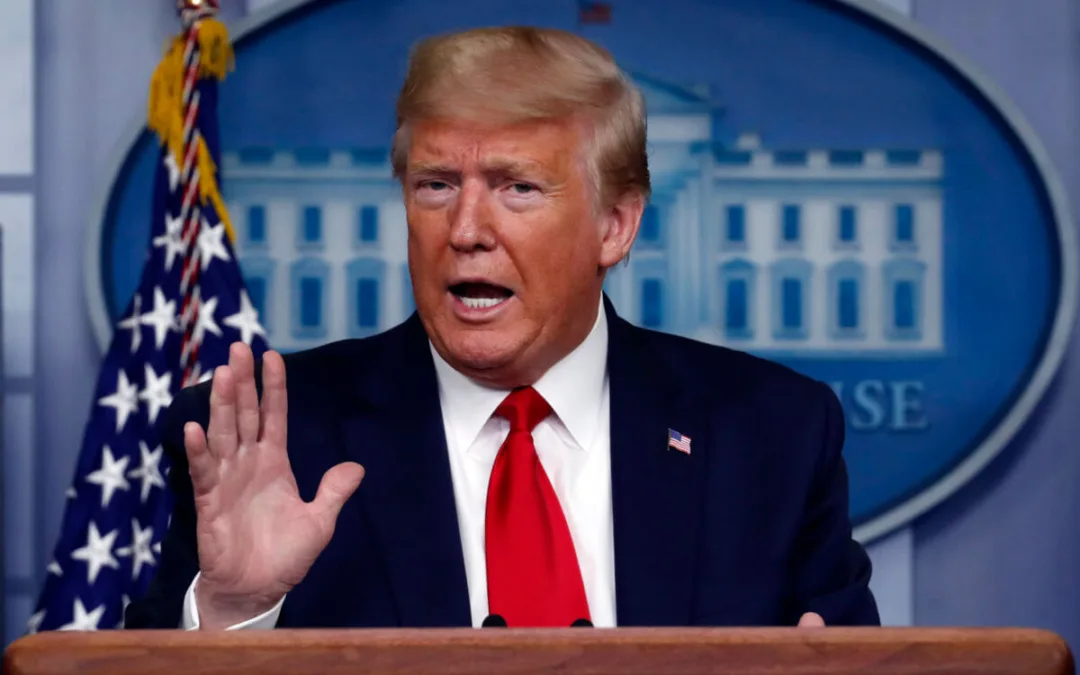
Image via Unsplash/ Absolute Vision
The island ranks poorly in a worldwide assessment of info access. Former Governor Ricardo Rosselló signed the laws the day before resigning.
Two laws concerning the legal right to information access in Puerto Rico scored 73 out of a possible 150 points in an analysis published Wednesday by the Centre for Law and Democracy (CLD).
Former Governor Ricardo Roselló signed The Law on Transparency and Expedited Procedure for Access to Public Information (Transparency Law), and the Law on Open Data (Open Data Law), the day before his resignation in August 2019. Rosselló quit in the aftermath of a Telegram chat scandal involving public officials.
The CLD report on Puerto Rico’s information-access laws was commissioned by Red de Transparencia, a local civil network.
RELATED: Why The Murder of Serena Velázquez and Layla Peláez Is the First Official Hate Crime in Puerto Rico
The CLD measures information access laws at a global level. Their analysis is based on 61 point-based criteria. Their results provide a ranking for the right to information (RTI) in different countries.
Puerto Rico’s score of 73 gives the island an 88 ranking relative to 128 assessed national laws, placing between Nigeria and China on the list. The top countries in the CLD ranking are Afghanistan, México, and Serbia. The United States ranks 72.
CLD Executive Director Toby Mendel presented the report Wednesday via videoconference at the law faculty of the Interamerican University of Puerto Rico.
“Puerto Rico needs stronger rules regarding the right to information in order to make constitutional guarantees. Current laws are far weaker than most of the national practices adopted in the Americas,” Mendel said.
The expert highlighted the importance of access to correct information during the coronavirus pandemic. Governments are making important public decisions in the short term and spending unprecedented amounts of money. Mendel explained, however, many countries are restricting access to information, a move that goes against his agency’s recommendations.
“Important decisions are being made, more than usual during any normal time. The regular oversight bodies, including journalism but also parliaments, courts, and regulatory bodies, are all weakened in their ability to operate. Big decisions are being made and accountability is weakened. The right to information as an accountability mechanism is super, super important,” said.
The analysis concludes while Puerto Rico has strong guarantees for the right to information, some key weaknesses within the two laws are:
1. There are important gaps in the procedures for requesting and responding to information queries.
2. The extent of exceptions is far too broad, tallying only 23% of the available points on the RTI Rating.
3. An independent administrative level of appeal does not exist.
4. The system of sanctions and protections is very limited.
5. There are few measures in place to help support the strong implementation of the laws.
RELATED: What Is Hurricane Season During a Pandemic Going to Look Like? Puerto Rico Is About to Find Out
Politics

Teamsters and UPS Reach Tentative Deal to Avoid Strike, 340,000 Workers to Get Raises
The tentative deal represents a huge win for full- and part-time UPS Teamster workers, who would get significant pay raises and better working...



One Republican Senator Is Blocking 265 Military Promotions, Leaving the Marines Without a Confirmed Leader
Sen. Tommy Tuberville's decision means these military officers are not getting the pay raises they’re owed, cannot move their families to wherever...
Local News



Teamsters and UPS Reach Tentative Deal to Avoid Strike, 340,000 Workers to Get Raises
The tentative deal represents a huge win for full- and part-time UPS Teamster workers, who would get significant pay raises and better working...



One Republican Senator Is Blocking 265 Military Promotions, Leaving the Marines Without a Confirmed Leader
Sen. Tommy Tuberville's decision means these military officers are not getting the pay raises they’re owed, cannot move their families to wherever...




